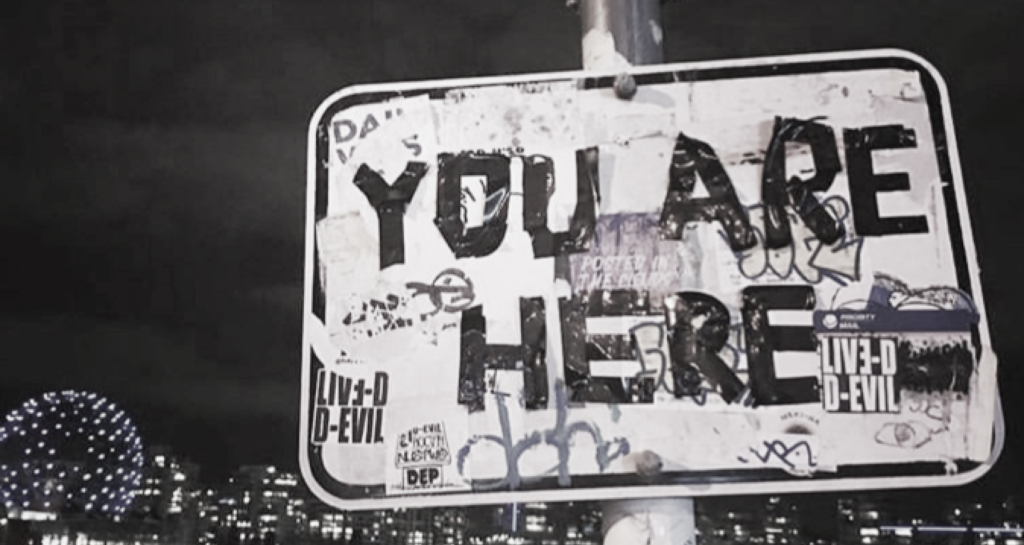During this quarantine period, we have repeatedly heard about the success with which professionals have been able to work from home. The explosion in video calls (and Zoom stock) is both a major news item and a weekly reality for most of us.
Yet working remotely has, for the most part, been discouraged by Big Law culture. Why is that?
To answer this question, it is useful to look at the past. As late as 1997, email had only recently become the standard for business communication.
The internet existed, but was not Image Credit: Punch Magazine yet “fancy”. Students and associates were not given cell phones; which were seen as a personal and lavish expense. Most file documentation was in binders. Most lawyers had difficulty using word processing programs efficiently (let alone finding the ON button on their computers); relying instead on staff for that function. Voicemail could only be retrieved through the phone connected to the physical phone line itself. This meant that if you did not go into the office on the weekend to check your voicemail that you would not receive the partner’s instructions on a file until (gasp!) Monday.
So, there were many logistical imperatives for working in the office on off-hours. You just could not do much without going in. But Big Law culture also lurked behind the logistics. I am referring to the culture of Face Time; a term hereinafter meaning, ‘the practice of being seen to work after regular business hours as proof of value by hard work and dedication’. By taxonomy, Face Time may be a subset of Brown Nosing – but I will leave that to readers’ consideration.
If you peak behind the velvet curtain of Face Time, you will find 6 things:
competition between lawyers in the same firm distrust that other lawyers will act like professionals in the orderly completion of their tasks the notion that there is a ‘harder working’, More Valuable Core of lawyers in the firm the self-described entitlement of the More Valuable Core to greater compensation and authority (cue the Ayn Rand fan club meeting)
the existence of political and compensatory punishments for those who are not perceived to be part of the More Valuable Core, and a resultant sense of fear of the More Valuable Core as an inducement to comply with its values.
Sounds like a fun place to work!
In short, Face Time is caused by a toxic soup of assumptions and behaviours. Why would lawyers even do this? In most cases, I suspect lawyers engage in the behaviour, because it makes them feel superior to others, and therefore better about themselves.
If this seems like an egocentric driver for a business culture, you would be right. Studies have shown that internal competition tends to bump shorter term performance, but over the longer term it is a barrier to a firm’s collective economic growth. That is because the return of the few (e.g. the More Valuable Core) does not necessary translate into the return of the whole (e.g. the entire firm). And yet Big Law has not only countenanced that comportment, it has built it right into the fabric of Big Law’s culture.
So, returning to 2020, what does the explosion of telecommuting during Covid-19 mean for Big Law?
An optimist might say that Face Time will disappear as the usefulness of FaceTime is demonstrated. The last 2 months have shown that a lot of business can be done by FaceTime, and Zoom, and Teams, and Uber and Google. This realization has been coming for a while with the steady improvement over the last decade in smart phones, cloud commuting and video calls. So, are we witnessing the death of Face Time?
I suspect not, because the main cultural principle behind Face Time was the perpetuation of the More Valuable Core. The need for Big Law lawyers to self-identify as the More Valuable Core will not have abated simply by the use of video calls. Some things are older than Covid-19.
It may be that Face Time will simply carry on after Covid-19, as Brown Nosing will always have a place in business. It may be that less Face Time is necessary, but that some Big Law firms will look to network system statistics to assess how much lawyers are working beyond the confines of their time sheets (another thing that may soon disappear). Big Brother like software already exists to track task efficiency on cloud systems. It may be that Face Time is replaced by a presumption of 24 hour availability on FaceTime.
The real paradigm shift with telecommuting will most evident in organizations with a culture that are free of the predations of the More Valuable Core. Peter Drucker famously said, “Culture eats strategy for breakfast”. Many New Law proponents are aiming at exactly that, by creating organizations where no oxygen is given to a More Valuable Core. Those organizations will be able to use telecommuting to engage a broad community of clients and lawyers outside of the expensive confines of a Big Office in a way that will likely drive down the cost of legal services for the client.
In Big Firms having a hard time letting go of Face Time, the culture will continue the aims of the More Valuable Core to each the breakfast itself. And this step straight past strategy is likely to give New Lawan adaptive edge.








